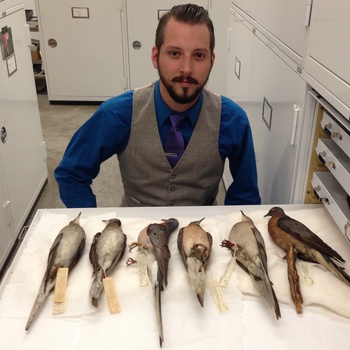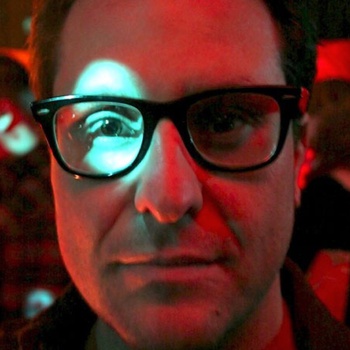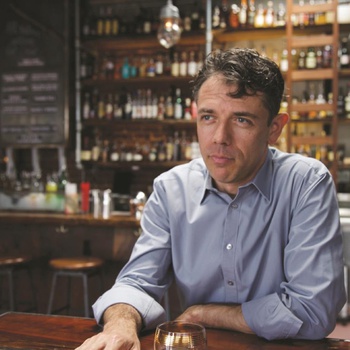Inspired by Intelligence: Purpose and Creativity in the AI Era
Kim Carson
April 22, 02025
What if AI is not here actually to replace us, but to remind us who we actually are?
That was the question at the heart of Kim Carson’s Long Now Talk. In “Inspired by Intelligence: Purpose and Creativity in the AI Era,” Carson, a creative technologist and futurist, challenged us to avoid the easy narratives of tech-driven utopia and dystopia, charting a course through those two extremes that made the case for AI not as a way to make humans unnecessary but to emphasize our most important creative capacities.
For Carson, AI is a sort of tool for thought — a mirror that we can use to re-inspire ourselves towards greater creativity. Accompanied by video art made using the SORA text-to-video model by Charles Lindsay, she made the case that AI could be used not just for automating labor but also for reclaiming human agency. That means using these new technological modes as enablers for human thought and action, while recognizing their gaps, too — the questions about ourselves that only we can answer, no matter how sophisticated our technology becomes.
As she ended her remarks, Kim made one final note on how we can make a better world collaboratively and creatively: our society does not need “more optimization, it needs more imagination.”
This talk was presented April 22, 02025 at The Interval at Long Now in San Francisco.
Upcoming Talks
Videos

Johanna Hoffman
Speculative Futures: Design Approaches to Foster Resilience and Co-create the Cities We Need
October 12, 02022

Creon Levit
Space Debris and The Kessler Syndrome: A Possible Future Trapped on Earth
April 26, 02022

Brittany Cox
Horological Heritage: Generating bird song, magic, and music through mechanism
August 20, 02019

Elizabeth Lonsdorf
Growing Up Ape: The Long-term Science of Studying Our Closest Living Relatives
April 30, 02019

James Holland Jones
The Science of Climate Fiction: Can Stories Lead to Social Action?
January 29, 02019

Kevin Kelly, Stewart Brand, Alexander Rose
Siberia: A Journey to the Mammoth Steppe
January 22, 02019

Caroline Winterer
The Art and Science of Deep Time:
Conceiving the Inconceivable in the 19th Century
September 4, 02018

Esther Dyson
The Short Now: What Addiction, Day Trading, and Most of Society’s Ills Have in Common
July 17, 02018

Hannu Rajaniemi
The Spirit Singularity: Science and the Afterlife at the Turn of the 20th Century
July 10, 02018

Shahzeen Attari
Facts, Feelings and Stories: How to Motivate Action on Climate Change
June 26, 02018

Renée DiResta
Disinformation Technology: How Online Propaganda Campaigns Are Influencing Us
April 10, 02018

Scott Kildall
Art Thinking + Technology: A Personal Journey of Expanding Space and Time
August 15, 02017

Miles Traer
The Geological Reveal: How the Rock Record Shows Our Relationship to the Natural World
June 27, 02017

Andrew Lakoff
How We Became “Unprepared”:
Imagining Catastrophe from the Cold War to Bird Flu
May 30, 02017

Jennifer Petersen
Why Freedom of Speech Is More Than Speech:
Expressions in Media and Code
April 18, 02017

Tara Behrend
The Psychology of Surveillance:
How Being Watched Changes Our Behavior
February 28, 02017

Ben Novak
The Next Flight of the Passenger Pigeon: Engineering Nature's Engineers
September 27, 02016









































































